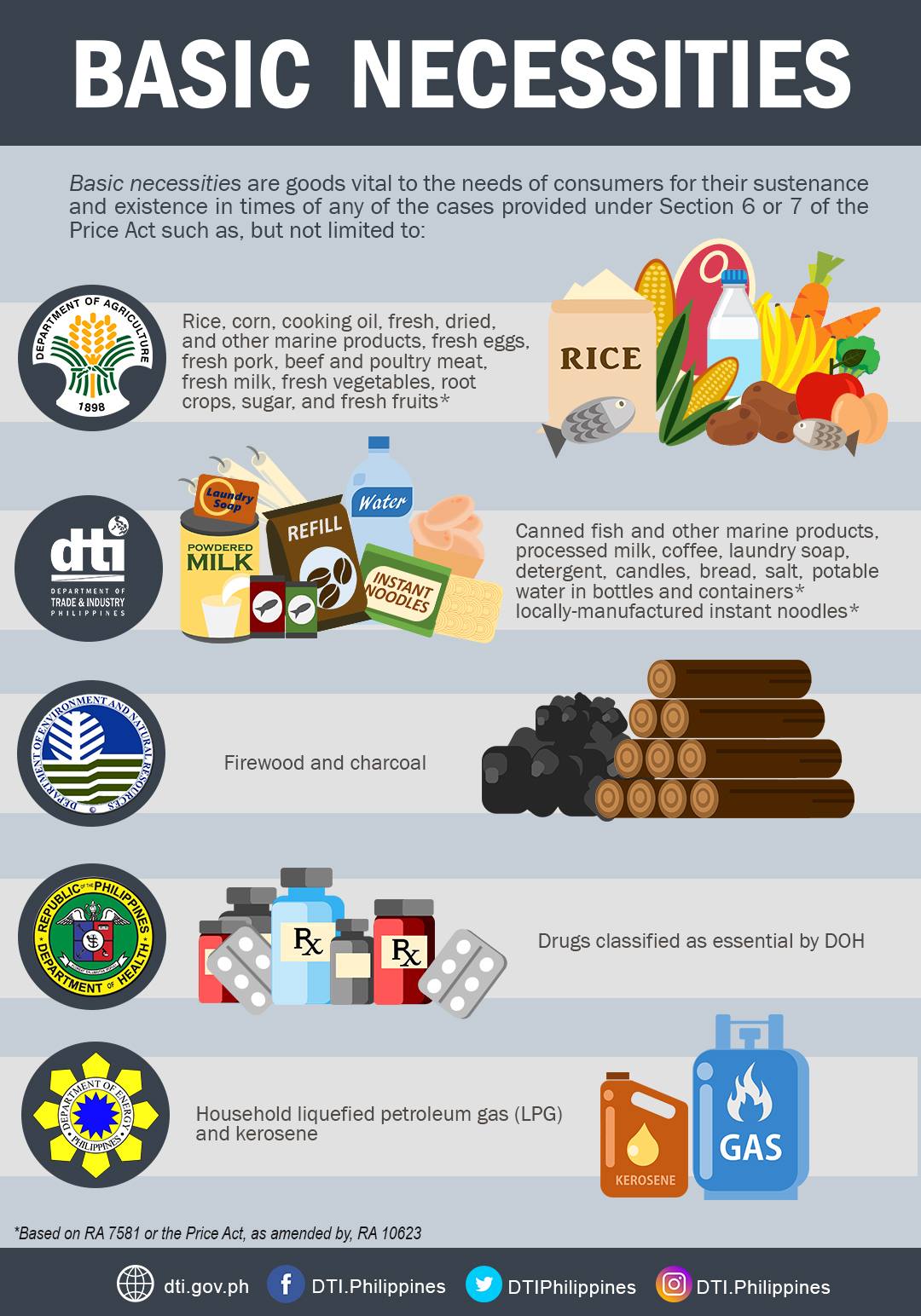By Alusine Fullah
Sierra Leone had emerged from a long and protracted civil war that destroyed most of the country’s social, economic, and physical structure. At the core of the conflict lay a class of marginalized young people, especially from rural areas, lacking education and access to livelihood opportunities.  The country has experienced substantial economic growth in recent years, although poverty and unemployment remain major challenges. Despite some progress, Sierra Leone’s recovery remains fragile and the country continues to rank among the least advantaged of countries in various measures.
The country has experienced substantial economic growth in recent years, although poverty and unemployment remain major challenges. Despite some progress, Sierra Leone’s recovery remains fragile and the country continues to rank among the least advantaged of countries in various measures.
While some milestones have been achieved and post-conflict recovery appears to be gathering pace in the country, major challenges remain whose tackling are also vital for peace consolidation and the march towards development. Among them is the alarmingly high level of poverty, unemployment and underemployment, especially among the youth, women and other vulnerable groups. The economic recovery so far has not been associated with upward trends in the quantity and quality of employment nor a reduction in poverty. Recent months have also witnessed a surge in food and fuel prices which could worsen poverty levels, especially among the unemployed/underemployed and contribute to refuel tensions, if not quickly checked. The country is thus at a critical stage in its post-war transition.
According to Africa Barometer Research on youth employment, the youth population in Sierra Leone is substantial and makes up one third of the total population (Approximately 2 500 000 young women and men). Of this group, 70% are underemployed or unemployed and 50% illiterate and unskilled. There is visible unemployment, particularly among young men, who can be found in the streets of Sierra Leone’s capital Freetown and other urban centres. The research went further to state that unemployment rate in Sierra Leone is about 4.98% in 2023. The number of employed people in Sierra Leone is forecasted to 3.50m in 2023.
For the past decades government has put some efforts to make sure that the youth of Sierra Leone stand ahead the trying times of unemployment. For instance, in 2009, the National Youth Commission was enacted. The object for which the commission was established is to implement policies, programmes and projects which will empower the youth to develop their potential for national development. Also, the commission was formed to assist in the creation of employment opportunities for the youth and develop medium and long-term strategies to tackle youth unemployment in Sierra Leone.
In line with the dictates of the foregoing commission (National Youth Commission), the Parliament of Sierra Leone enacted the National Youth Service (NYS) Act and gazette as Vol. CXLV11. No. 17 dated 12 March 2016. Sierra Leone’s NYS, which was launched in December 2016, is a national programme that promotes youth participation in governance. The 2016 NYS Act aims to create work opportunities and sustainable livelihoods for young persons; instil in participants a sense of responsibility and of service to the country; gain a sense of self-respect and respect for authority; understand the values of discipline, democracy, citizenship and cooperation; and foster social cohesion.
The Parliament of Sierra Leone on Tuesday 07/03/2023 passed into law, with amendments the Bill entitled: “The Employment Act 2023” for the security and development of Sierra Leone. The Bill seeks to consolidate and improve the law relating to Labour and Employment, to provide for promotion of equal opportunity, elimination of discrimination in employment and occupation, and other related Matters. H.E Bio launched the National Youth Employment and entrepreneurship fair in 2022. The object of it was to make sure that the unemployment.
However, despite the above actions by the past and president governments in order to make sure that the rate of unemployment reduces in Sierra Leone it is still lucid that the rate of unemployment is astronomically high.













